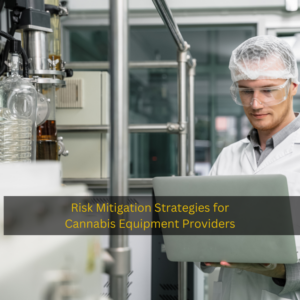Helping Parents Navigate: Public Health Tips for Discussing Cannabis with Children

Initiating discussions about drugs with children can be challenging, admits Dr. Matthew Tenenbaum, Associate Medical Officer of Health for Wellington-Dufferin-Guelph Public Health (WDGPH). However, he emphasizes the necessity of these conversations, revealing that children become aware of drugs much earlier than parents might expect.
Cannabis and Its Forms
In a recent virtual session aimed at parents, Dr. Tenenbaum shed light on various forms of cannabis consumption, from smoking joints to ingesting edibles. He underscored the illegality of cannabis for those under 19, highlighting its adverse effects on developing brains, including impaired focus, coordination, and memory.
Short-term and Long-term Impact
Dr. Tenenbaum elaborated on the short-term and long-term repercussions of cannabis use among youth. Short-term effects include compromised judgment and attention, while long-term consequences may lead to addiction and hinder overall functioning. He stressed that THC, the psychoactive compound in cannabis, can induce feelings of euphoria but may also trigger anxiety and paranoia, particularly in young users.
Cannabis and Concurrent Activities
Youth engaging in cannabis consumption often accompany it with other risky behaviors such as alcohol consumption and cigarette smoking, as revealed by the 2022 Well-Bieing and Health Youth (WHY) Survey. Dr. Tenenbaum emphasized the importance of vigilance regarding prescription drugs at home, as even seemingly harmless medications can have adverse effects when misused.
Effective Communication Strategies
The key to conversing with youth about drugs lies in active listening and offering unbiased, reliable information. Dr. Tenenbaum advises parents to create a supportive environment devoid of judgment, encouraging open dialogue. Moreover, he advocates for seeking professional help if parents suspect their child is grappling with substance abuse, emphasizing the availability of resources and support systems.
Empowering Parents with Knowledge
Dr. Tenenbaum’s insights underscore the vital role of parents in navigating conversations about drugs with their children. By fostering open communication and providing accurate information, parents can equip their children with the tools to make informed decisions and safeguard their well-being.











